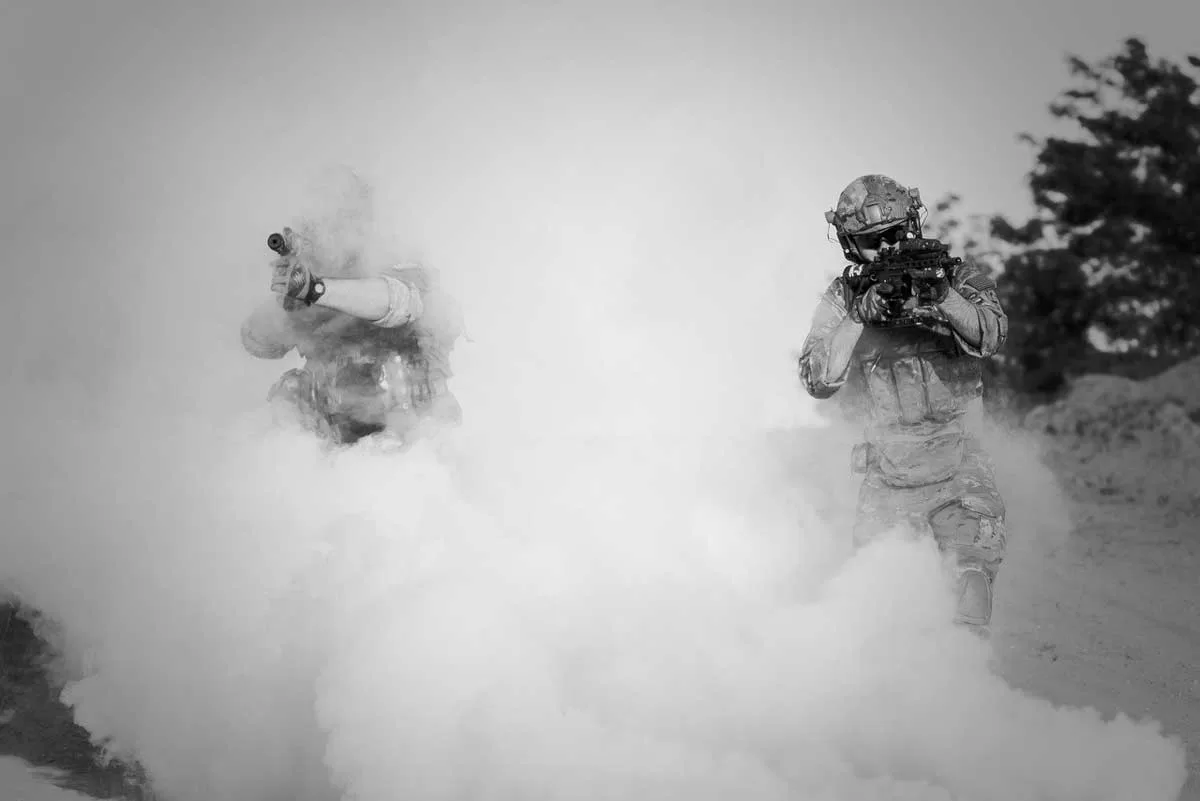Terrorism is a pressing issue for the international community. Almost every region in the world suffers from domestic terrorism or foreign terror threats to some degree. Organisations like Al Qaeda, ISIS and the Taliban are household names at this point.
The term ‘terrorism’ has found a permanent place in everyday conversations around the world. Legal and political fields both use the word at leisure; counter terrorism is a rapidly growing field of work. Therefore, it is concerning that terrorism does not have a single universal definition under international law. Leaving terrorism undefined means that there is no uniformity in national approaches to issues related to it. The United Nations currently has 19 instruments on ‘unlawful’ acts (rather than acts of terrorism). These are referred to as the anti terrorism conventions or protocols.
In 1996, the United Nations attempted to unify international rules related to terrorism into one instrument. However the process was unofficially abandoned because multiple parties were at a stalemate over certain key points. Disputes over the inclusion of freedom fighters as terrorists or acts of the State as terrorism led to this deadlock.
International law has a clear, direct impact on lawmaking at a domestic level. States incorporate international law into their domestic legislation in different ways. The effect of this is that there is unification, in a broad sense, of laws around the world so that they do not vary drastically in nature and scope from those of other regions. In the case of an issue so important as terrorism that the world at large needs to combat as a united front, the lack of a definition, and therefore, a lack of definitive counter strategies, poses multiple problems.
Counter terrorism is a matter of national and international security. There should be no room for inconsistent application or interpretation in the field so that nations and the international community at large can respond to threats right away rather than being drawn into the issue of classifying acts of terrorism and analysing what the proper response would be under international law.
The lack of a singular definition has created a gap that allows for different states to interpret terrorism according to their own national interests, political viewpoints and other factors that lead to unpredictable decisions rather than legal conclusions.
The entire field of counter terrorism law exists in international law as well as under most domestic jurisdictions. However, there is no definition to serve as a solid guiding basis, which means that it is up to the relevant authorities to proceed as they see fit. This creates major issues where there is an overlap with other fields of law such as humanitarian law, criminal law, and so on.
One way to create a standard meaning of terrorism is to base it on ideology. Experts ranging from political figures to security professionals to legal scholars have proposed the idea that terrorism is a form of violence that stems from certain ideologies which unite people under an umbrella cause based off of their beliefs. Such ideologies could be of a religious, social or political nature.
Another approach is to categorise actors that carry out acts of violence which are also acts of terrorism and to focus the definition on these actors. According to this method, certain groups or individuals would be defined as terrorists according to their actions.
Defining the act of terrorism rather than focusing on ideological movements or the actors involved has also been an approach taken by many. The existing anti terrorism protocols take this approach and focus on acts that are committed as acts of terrorism instead of other factors.
The best way to approach a working definition that would be applicable across the world would be to combine the three approaches mentioned above. As standalones, all three of these methods have their flaws. An ideology based definition would narrow the scope of terrorism too much as there is a very low chance that groups or individuals that spread terror function solely with the purpose of spreading terror. Similarly, basing it off of actors alone would mean that distinction between terrorists and other categories of fighters would become impossible. A definition solely defined by acts has been the best bet so far but is also not all-encompassing enough to become a singular universally adopted definition. The best way forward would be to set a threshold for intent, actors and acts all combined to create a solid definition for terrorism.
